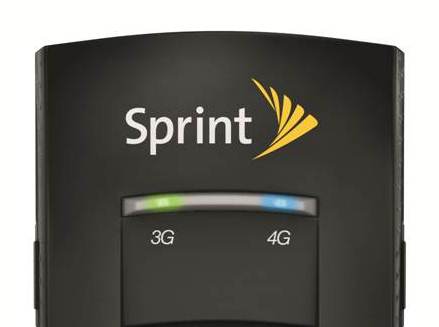Telecom & Wireless
Sprint Studies Acquisition of T-Mobile: Report
Published:
Last Updated:

There are about 314 million people living in the U.S. today, and virtually every single one of them, no matter how old or young, has a wireless subscription. Sprint, with about 55 million subscribers, ranks third behind AT&T Inc. (NYSE: T) and Verizon Communications Inc. (NYSE: VZ) which have a combined total of more than 210 million. T-Mobile US Inc. reported 45 million subscribers at the end of its third quarter.
T-Mobile now has a market cap of around $20 billion following its acquisition of MetroPCS and Sprint’s market cap is around $31 billion. Sprint’s majority owner is Japanese giant SoftBank and T-Mobile is controlled by Deutsche Telekom AG.
While competition among the wireless carriers has been good for consumers, it cuts revenues and profits at carriers which believe that the fewer the merrier, at least as far as competitors go. In a market that is saturated the only way to gain more subscribers is to steal them from your competitors, and the most cost effective way to do that is to reduce the number of players. Otherwise a company has to compete on price.
Sprint has been losing subscribers while T-Mobile, AT&T, and Verizon have been gaining them. That churn, as its known, makes it difficult for Sprint to compete on pricing because it can’t meet competitive offers — most often from T-Mobile — without losing money. Maybe Softbank is willing to do that for a while, but it is not a long-term strategy for survival, much less success.
The regulatory issues facing a merger of Sprint and T-Mobile will be formidable, but it would be possible to argue that if a tie-up is not allowed, one or both could eventually fail leaving just two big players instead of three. When U.S. regulators rejected AT&T’s proposed acquisition of T-Mobile two years ago the key was the smaller company’s aggressive competitive behavior that kept prices down for consumers. But T-Mobile can’t survive for long by giving up profits. For that matter, neither can Sprint.
T-Mobile’s shares rose 8.65% on Friday to $27.64 in a 52-week range of $16.01 to $20.50. Sprint’s shares rose about 3.5% on Friday to close at $8.43 and jumped another 3% in after-hours trading to $8.69 in a 52-week range of $5.61 to $8.75.
Ever wanted an extra set of eyes on an investment you’re considering? Now you can speak with up to 3 financial experts in your area for FREE. By simply
clicking here you can begin to match with financial professionals who can help guide you through the financial decisions you’re making. And the best part? The first conversation with them is free.
Click here to match with up to 3 financial pros who would be excited to help you make financial decisions.
Thank you for reading! Have some feedback for us?
Contact the 24/7 Wall St. editorial team.